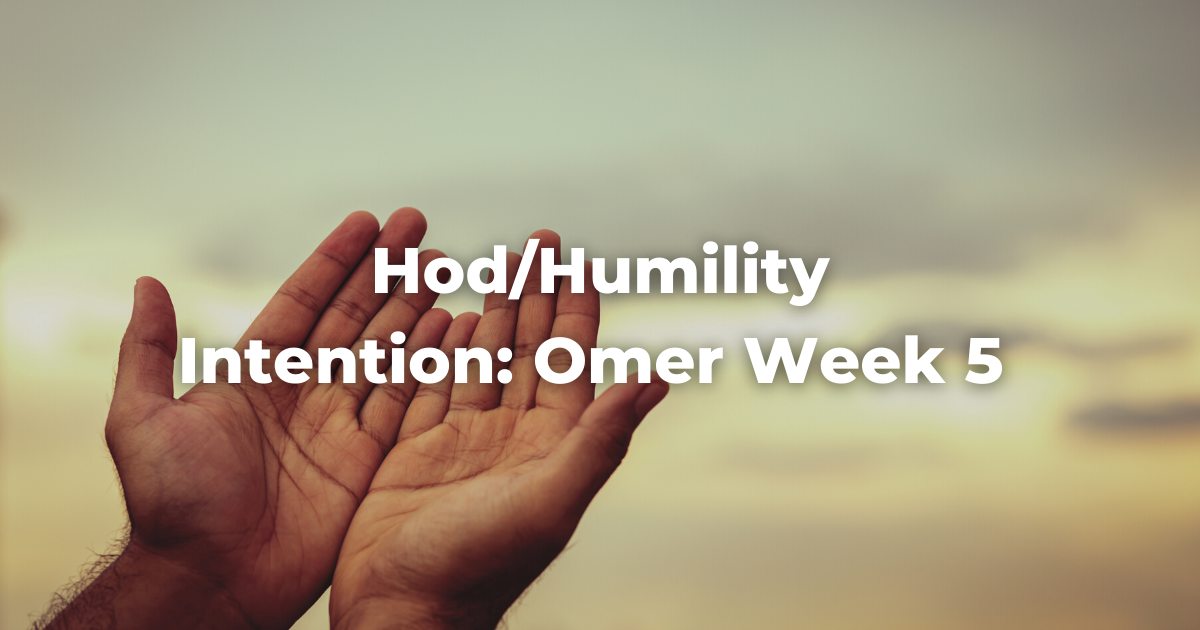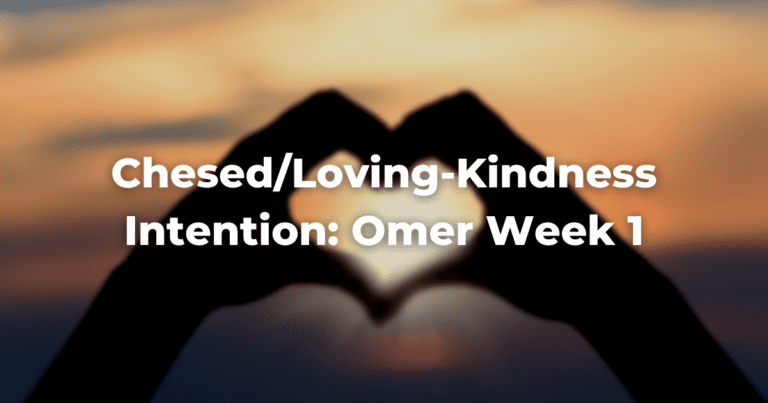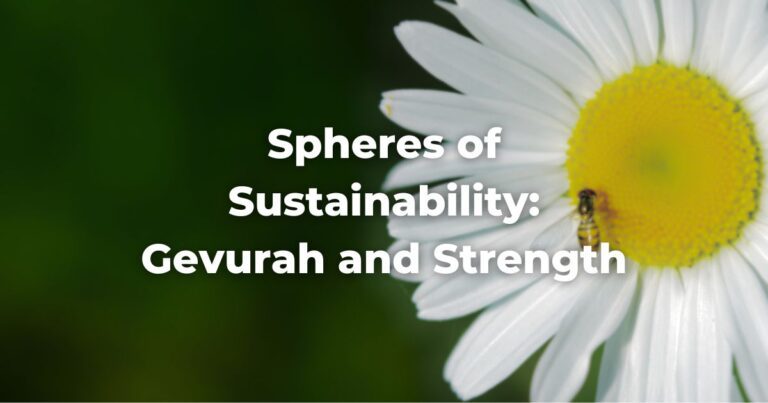This spiritual reflection and intention is a part of Counting the Omer. You can find more information on this mitzvah and how to observe it there here.
What is Hod?
The fifth quality (middah) is Hod, which is the quality of humility, of the acknowledgement that all that I have, and all that I strive for, and all that is beautiful…all of these are all gifts which I receive. Last week we focused on Nezach, endurance and drive to ameliorate ourselves and our world. With Hod, we are reminded that our strengths are not limitless and others have strengths we lack. Hod and Netzach, hence, are healthiest when coupled together.
Other translations of ChesedThere is no perfect translation, but is generally defined as “loving-kindness.” When we act with Hesed, we are doing Gemilut Hasadim. Also spelled: chesed are:
- Acknowledgement
- Beauty
- Gratitude
- Splendor
So what? How does it relate to me?
With others:
Humility is an active emptying out of our will–which otherwise leads to narcissism and solipsism. Without Hod, we are too full of our own thoughts, needs, and desires, lacking room for any relationship other than the purely transactional.
Hod reminds us both of what we lack on our own and to appreciate the splendor and beauty that others bring. It is foundational to healthy, lifelong relationships.
With ourself:
Hod creates enough space within ourselves to recognize that we can be better, we can expect more from ourselves, and that we have more qualities to develop and manifest. TorahRefers to the first five books of the Hebrew Bible, the Tanakh, also called the Five Books of Moses, Pentateuch or the Hebrew equivalent, Humash. This is also called the Written Torah. The term may also refer to teachings that expound on Jewish tradition. teaches that humility is the greatest of all traits–the reason for Moses’ leadership is due to his humility.
Hod creates a space within which all seven of the foundational personal qualities can dwell. There is a tendency, however, to view humility as a lacking or a passive quality. Nothing could be farther from the truth. Hod is the active quality of maintaining a healthy sense of humility about the blessings in our lives, actively opening up our attention to the many blessings that God, our loved ones, and the natural world bestow upon us daily.
With God:
God is the silent partner in our relationships. With attention, we can inculcate a sense of gratitude to the many blessings life sends our way. Yet, however much we develop the facility to see God’s blessings, we never see God. As such, the Holy One is the ultimate example of Hod. Judaism bids us to act in God’s ways. Developing a greater sense of humility, of gratitude, and appreciation for splendor is certainly one of these.
Hod practice for the week:
- Do I appreciate the people whom I cherish most?
- Name 3 of the specific qualities or actions of my most cherished love.
- Is there a specific area of my life that feels painful right now? Can I elevate my humility in this area?
Author
-

Rabbi Meir Goldstein is blessed to be the Senior Jewish Educator at the Oregon Hillel Foundation and Judaic Studies lecturer at the University of Oregon. He elevates human dignity by building a community of learners. Rabbi Goldstein attended the Ziegler School of Rabbinic Studies at the American Jewish University, earning an MA in Rabbinic Studies in 2003 and Rabbinic Ordination in 2006. When not at work, he is happiest on a hiking trail, playing guitar, or studying. Rabbi Goldstein lives in the holy city of Eugene, Oregon, with his wife, Laura, and their loving (yet bossy) shih tzu, Koofi.
View all posts






